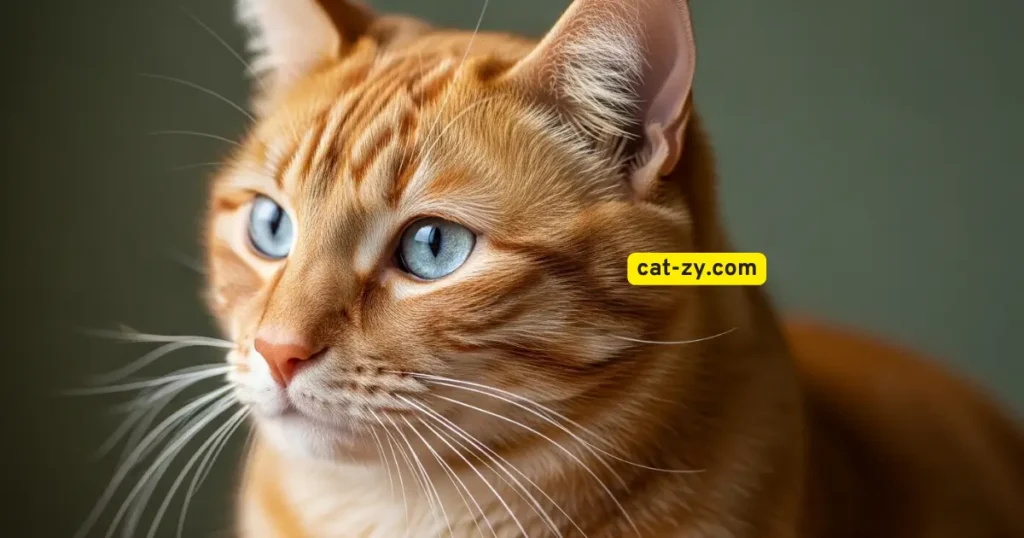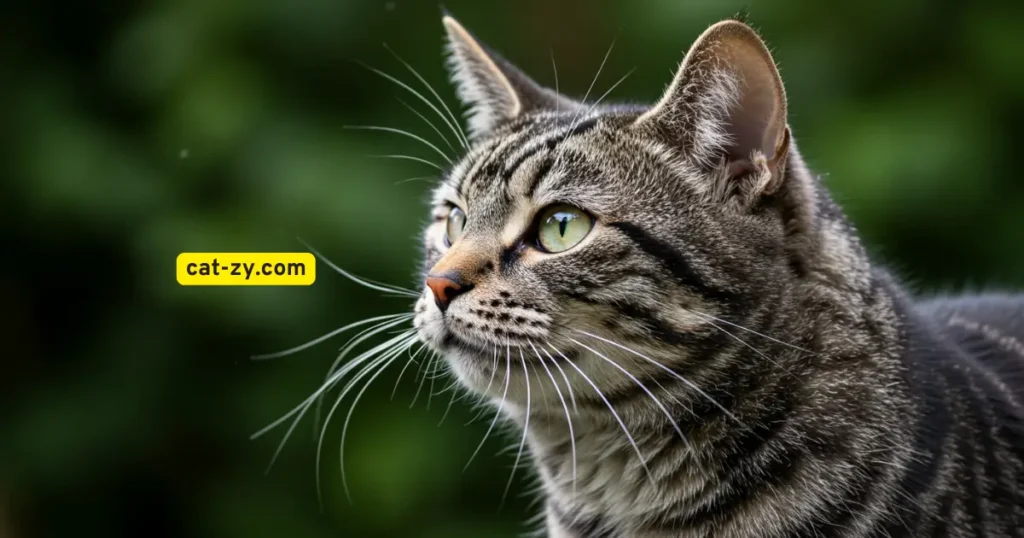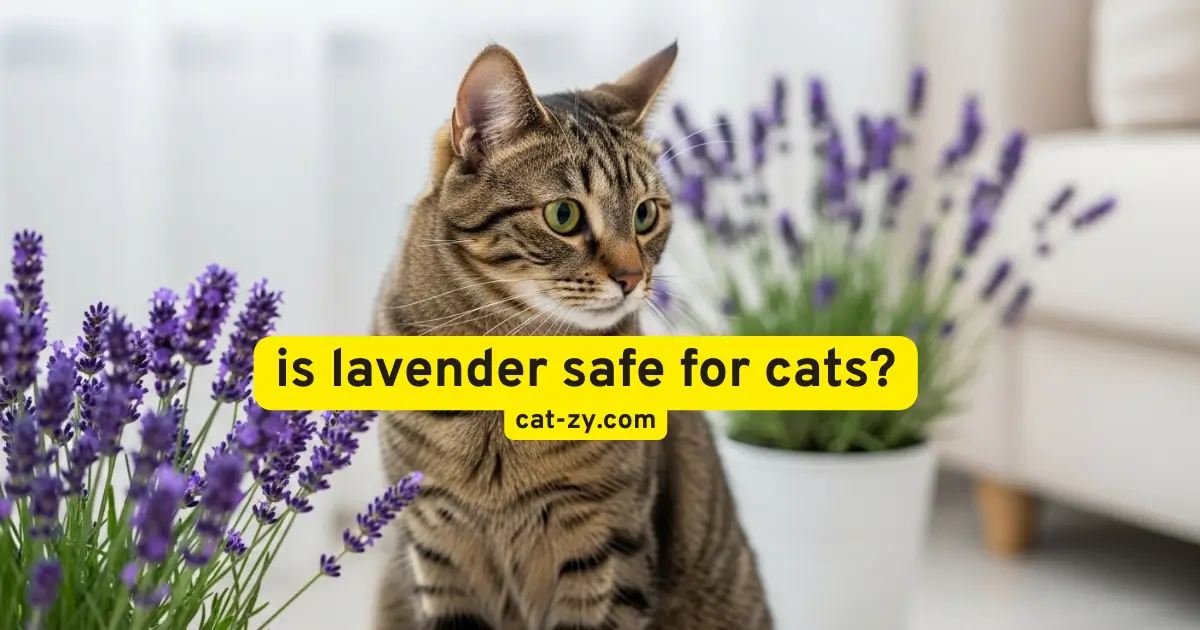Unneutered Male Cat Behavior: 7 Troubling Signs You Shouldn’t Ignore
If you own a cat, you know the special bond you share. But unneutered male cat behavior can present some challenging issues.
It’s important to understand these behaviors. They can show there are deeper issues that need fixing. Aggression, spraying, and restlessness are signs that something’s off.
As a caring cat owner, spotting these signs is key. It’s crucial to act fast. In this article, we’ll look at seven signs that suggest your cat might need to be neutered. This can greatly improve their life and your bond with them.
Table of Contents
Understanding Unneutered Male Cat Behavior
To understand unneutered male cat behavior, we need to look at their natural instincts and hormones. Their actions are mainly driven by natural instincts and testosterone.
Natural Instincts of Intact Male Cats
Intact male cats have strong territorial instincts. They mark their territory and try to be the top cat. This comes from their wild ancestors, who marked their territory to attract mates and keep rivals away.
These instincts are fundamental to unneutered male cat behavior patterns. It’s important for cat owners to know these actions are not mean-spirited. They are driven by the cat’s natural needs.
How Testosterone Influences Your Cat’s Actions
Testosterone greatly affects unneutered male cats. It makes them mature sexually, leading to behaviors like trying to dominate and attract mates. This hormone can cause aggression, more meowing, and mounting.
Recognizing how testosterone influences unneutered male cat behavior enables owners to address these difficult situations effectively. It’s the first step to dealing with unwanted actions from being unneutered.
The Impact of Delaying Neutering on Your Cat and Home
Intact male cats may create health concerns and disturb the balance of your home environment. Timely neutering is crucial. Delaying it can lead to many issues that harm your cat’s health and your home’s harmony.
Health Risks for Unneutered Male Cats
Intact male cats face higher risks of health problems. These include testicular cancer and prostate issues. Testicular cancer is a big concern because it’s linked to having testicles. Neutering removes this risk.
Unneutered males also fight more, leading to injuries and diseases like FeLV (Feline Leukemia Virus) and FIV (Feline Immunodeficiency Virus).
Effects on Your Home Environment and Other Pets
An unneutered male cat can greatly affect your home environment. They may spray and be aggressive, making it hard to manage. This can cause conflicts with other pets.
Moreover, their aggressive behavior can make your home stressful. This stress affects both humans and other animals, lowering the quality of life for everyone.
Sign #1: Excessive Spraying and Marking Territory
Unneutered male cats often spray to mark their territory. This is a natural instinct for them. It helps them show dominance and attract females. Knowing why your cat sprays and how to stop it is key to a peaceful home.

Why Male Cats Mark Their Territory
Male cats spray to mark their territory for several reasons. They do this to communicate with other cats. It shows they are present, dominant, and ready to mate. This behavior is linked to their testosterone levels, which are higher in unneutered males.
Seeing other cats around can make your cat spray. This behavior serves to establish superiority and discourage competing males from the area.
Distinguishing Between Spraying and Urination Problems
Distinguishing between territorial marking and urination difficulties is crucial. Marking represents territorial communication, whereas urination problems often indicate medical or litter box concerns.
Watching how and where your cat urinates can help you figure out if it’s spraying or a health issue.
Identifying Spray Marks in Your Home
Spray marks are usually found on vertical surfaces like walls or furniture. They are smaller and more focused than regular urine spots. Look for these signs to see if your cat is marking territory.
Odor Characteristics of Territorial Marking
The urine used for marking has a strong, pungent smell. This smell comes from specific pheromones that send messages to other cats. If you notice a very potent odor, it might mean your cat is marking territory.
Sign #2: Increased Aggression and Fighting
Aggression is a common aspect of unneutered male cat behavior due to hormonal influences. This can lead to problems like fighting with other cats, humans, or pets. It causes stress for cat owners.
Territorial Aggression Toward Other Cats
Intact male cats instinctively defend their territorial boundaries against feline intruders. This can cause fights, injuries, and disease spread. The presence of other males can make things worse, as they smell each other and fight for dominance.
They don’t just fight with outside cats; they can also fight with cats at home. If you have multiple cats, the intact male might see them as rivals or threats, leading to conflicts.
Aggression Toward Humans and Household Pets
Unneutered males can also be aggressive towards humans and pets. This might be due to too much stimulation, pain, or redirected anger. It’s important to spot aggression signs early to stop it from getting worse.
Warning Signs Before Aggressive Episodes
Before they get aggressive, cats often show signs like hissing, growling, or flattened ears. Spotting these signs can help prevent fights. Some cats might not show obvious signs before becoming aggressive.
Treating Wounds from Cat Fights
If your cat gets into a fight, check them for wounds and get vet help if needed. Cat bites and scratches can get infected, causing serious health problems. Proper wound care and monitoring for signs of infection remain essential for recovery.
Prompt veterinary attention is vital to prevent complications. Your cat might need antibiotics or other treatments for their injuries.
Sign #3: Persistent Vocalization and Yowling
The loud yowling of an unneutered male cat is not just a nuisance; it’s a sign of underlying hormonal triggers. As your cat reaches sexual maturity, the increase in testosterone levels can lead to a significant change in their vocal behavior.
Mating Calls and Hormonal Triggers
Mating Calls and Hormonal Triggers
Unneutered male cats use vocalization as a primary means of communication, particularly for attracting females. The hormonal surge triggers a natural instinct to call out for potential mates, resulting in persistent yowling.
Hormonal fluctuations play a crucial role in this behavior, making it essential to understand the biological drivers behind your cat’s vocalization.
When Normal Meowing Becomes Problematic Yowling
While meowing is a normal form of communication for cats, the yowling of an unneutered male cat is distinct and often louder. It is crucial to distinguish between normal meowing and the problematic yowling that can disrupt household peace.
Nighttime Vocalization Patterns
Unneutered male cats often exhibit increased vocalization at night, a pattern that can be particularly disturbing for owners. This nocturnal behavior is linked to the natural hunting and mating instincts that peak during the night.
How Vocalization Affects Your Household
The persistent vocalization can have a significant impact on your household, causing stress and discomfort for both you and your family members. Understanding the cause of this behavior is the first step towards mitigating its effects.
By recognizing the signs of persistent vocalization and yowling, you can take steps to address the underlying issues. This might involve behavioral modifications or considering the option of neutering.
Sign #4: Roaming and Escape Attempts
Unneutered male cats often want to roam. This is because they are looking for mates. They might fight other animals, get lost, or get hurt.

The Biological Drive to Find Mates
These cats roam because they want to find a mate. Hormonal changes make them restless. They wander off to find females in heat.
This urge is so strong it makes them leave their safe home. They might try to escape. Such wandering behavior exposes them to injuries, illness, and confrontations with other animals.
Dangers of Outdoor Roaming for Unneutered Males
Roaming is dangerous for unneutered male cats. They might fight other cats, get sick, or get hurt. Their breeding activities may contribute to the growing problem of feline overpopulation.
Creating a Secure Environment
To keep your cat safe, make your home secure. Make sure your home is escape-proof. Provide enough exercise and keep them indoors during mating seasons.
Average Roaming Distance of Unneutered Males
Studies show unneutered male cats can roam far. They can go up to several miles for a mate. Knowing this helps you prevent escape attempts and keep your cat safe.
Sign #5: Mounting Behaviors and Sexual Frustration
Mounting is a typical unneutered male cat behavior driven by natural mating instincts. As they grow older, they may mount other pets, furniture, or even people. This is because they are trying to fulfill their natural urge to mate.
Understanding Mounting as a Natural Behavior
Mounting is a natural act for intact male cats. It comes from their instinct to mate, which is vital in the wild for reproduction. But, in homes, it can be a problem, especially if the cat isn’t neutered. This behavior is mainly driven by the cat’s hormones, especially testosterone. Knowing this can help you manage it better.
When Mounting Becomes Excessive or Inappropriate
Mounting is natural, but it can become too much or wrong in some situations. For example, if your cat mounts other pets, it can stress them out. It’s important to watch for this and step in if needed.
Impact on Other Pets in the Household
When an unneutered male cat mounts other pets, it can really upset them. This can make the whole house tense. It’s key to think about all pets’ feelings when dealing with this issue.
Redirecting Mounting Behaviors
Changing mounting behaviors is tough, but doable with the right training and changes. Keeping the cat active and stimulated can lessen their frustration and mounting. Also, using positive rewards can teach them to behave better.
Sign #6: Stress-Related Behaviors and Destructiveness
The sixth sign of unneutered male cat behavior is stress and destructiveness. Hormonal changes can make them anxious and frustrated. This leads to destructive actions.
Hormonal Stress and Anxiety Manifestations
Unneutered male cats have high testosterone levels. This can cause stress and anxiety. They might show restless behavior like pacing or agitation. Sometimes, this stress turns into destructive behaviors.
Destructive Behaviors Linked to Sexual Frustration
Sexual frustration makes intact male cats destructive. They can’t satisfy their natural instincts. So, they might scratch furniture or other items.
Furniture Scratching and Destruction
Furniture scratching is common in unneutered male cats. This scratching serves as both territorial marking and an outlet for pent-up energy. To prevent damage, give them sturdy scratching posts and pads.
Self-Harming Behaviors in Frustrated Males
Severely frustrated intact males might engage in self-injurious behaviors when their natural instincts remain unfulfilled. They might groom or lick too much, causing skin problems. Watch your cat’s behavior and see a vet if you notice self-harm signs.
Sign #7: Changes in Eating and Grooming Habits
As an unneutered male cat grows, their eating and grooming habits may change. These shifts are due to hormonal changes as they reach sexual maturity.

Hormonal Effects on Appetite and Weight
Testosterone levels can affect an unneutered male cat’s appetite and metabolism. Some may eat more and gain weight, while others might eat less and lose weight. It’s important to watch their eating and weight to keep them healthy.
Deterioration in Coat Condition and Grooming
Unneutered male cats may groom differently due to hormonal stress. This can make their coat look dull, matted, or shed more. Regular grooming is key, but hormonal imbalances can make grooming harder.
Nutritional Needs of Unneutered Males
It’s crucial to feed your unneutered male cat a balanced diet. A high-quality cat food with all the necessary nutrients can help keep them healthy, even with hormonal changes.
When to Be Concerned About Grooming Changes
Notice any big changes in your cat’s grooming? Over-grooming may result in skin irritation, whereas inadequate grooming often causes coat matting. If you see these, talk to a vet. These signs can mean there’s a health issue that needs attention.
Being aware of these changes and acting on them can help keep your unneutered male cat healthy and happy.
Managing Behavior While Deciding About Neutering
While considering neutering, managing unneutered male cat behavior becomes essential for household harmony. This ensures a peaceful home. Unneutered male cats often show tough behaviors due to their instincts and hormones.
Temporary solutions can help with these issues until you decide. These fixes aren’t a permanent solution, but can greatly improve your cat’s behavior and your home.
Temporary Solutions for Spraying and Aggression
Spraying and aggression are common in unneutered male cats. Neutering is the best long-term fix, but for now, try to limit your cat’s exposure to triggers. Use products to stop spraying.
For aggression, find out what causes it and manage your cat’s environment. This might mean keeping them away from other pets or people they don’t get along with.
Creating a Less Stressful Environment
Making your home less stressful can really help your cat’s behavior. This means creating a calm and stable place. You can do this with pheromone products and by adjusting your cat’s living space.
Pheromone Products and Their Effectiveness
Pheromone products mimic the calming scents mother cats use to soothe their kittens. They’re very effective in reducing stress and anxiety in cats. You can find them as diffusers, sprays, and collars.
Working with Your Veterinarian on Behavior Management
Your vet is a great help in managing your cat’s behavior. They can give you specific advice, suggest products or treatments, and help create a plan for your cat’s needs.
By teaming up with your vet and using these strategies, you can make your unneutered male cat’s life more comfortable. This is while you’re deciding about neutering.
Conclusion: Making the Best Decision for Your Cat’s Wellbeing
As a cat owner, it’s key to know about unneutered male cat behavior. This knowledge helps you make a neutering decision that’s best for your pet’s health.
In this article, we’ve looked at the natural instincts of intact male cats. We’ve also talked about the effects of delaying neutering. Plus, we’ve listed seven signs that might mean it’s time for neutering.
By spotting these signs, like too much spraying, more aggression, and constant meowing, you can act early. This helps keep your home peaceful and your cat happy.
Choosing to neuter your cat should be a careful decision. You need to weigh the pros and cons. This ensures you pick the best option for your cat’s health, happiness, and life quality.
FAQ
What are the common signs of unneutered male cat behavior?
Signs include spraying too much, being more aggressive, and making a lot of noise. They also roam more, mount other animals, and show stress. You might also notice changes in how they eat and groom themselves.
Why do unneutered male cats spray or mark their territory?
They spray to mark their territory. This tells other cats they’re there and shows they’re in charge.
How does neutering affect a male cat’s aggression?
Neutering can make male cats less aggressive. This is because it lowers their testosterone. Testosterone makes them more competitive and territorial.
Are intact male cats at higher risk for medical complications?
Yes, they face higher risks of health problems. These include testicular cancer and prostate issues. They might also fight more, which can hurt them.
How can I manage my unneutered male cat’s behavior while deciding on neutering?
Use pheromone products to calm them down. Make their environment less stressful. Consult with your veterinarian regarding strategies for controlling territorial marking and aggressive tendencies.
How does neutering benefit male cats and their owners?
Neutering reduces bad behaviors and health risks. It also stops unwanted breeding.
Will neutering stop my cat from spraying or marking territory?
Neutering can greatly reduce spraying. It lowers testosterone, which causes this behavior.
How does neutering impact a cat’s roaming behavior?
Neutering can make them less likely to roam. It reduces their need to find a mate.
Can neutering affect my cat’s grooming habits?
Yes, neutering can change their grooming habits. Fluctuations in hormone levels may influence both coat quality and self-care routines.







